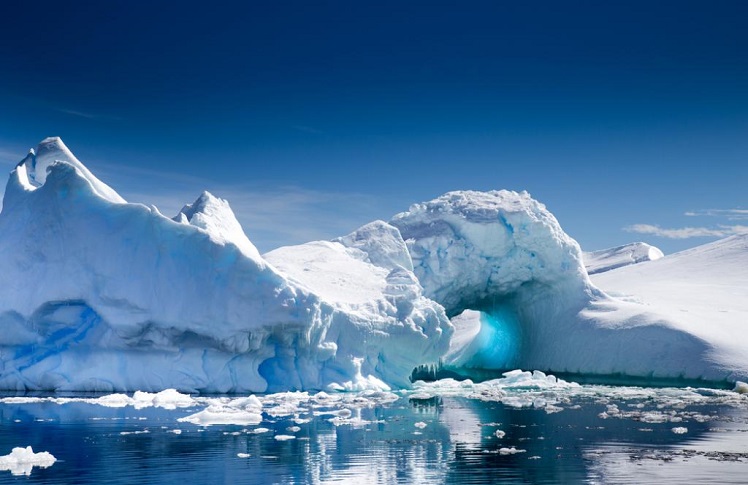
The dissolving of glacial masses in a warming environment uncovered new ground that are then colonized by obtrusive species, another examination has found.
The review, directed by UK-based analysts, saw how living life forms colonize new ground uncovered by withdrawing glacial masses, called "forelands", on the English Abroad Domains.
Looking over icy masses on the island of South Georgia in the Atlantic Sea, the specialists tracked down that obtrusive species - - one of the primary drivers of the continuous biodiversity emergency - - will probably spread however quick as the glacial masses may be withdrawing.
They made sense of that like cold locales all over the planet, environmental change is liquefying a considerable lot of the sub-Antarctic island's glacial masses, uncovering enormous areas of recently uncovered exposed ground.
This openness of uncovered ground is trailed by the appearance of trailblazer plants, which stay low on the ground to expand daylight admission and are known to rapidly develop.
These plant species "colonize" the region by "dynamically making more progress" and "expanding number of species", the group drove by the UK's Durham College said.
Local plant species separated, outlandish plants and spineless creatures are additionally exploiting the recently revealed exposed ground, the scientists found.
They were further "shocked" to see that two plant species beginning from calm districts of the Northern Half of the globe had colonized the destinations quicker than some other species.
The two species - - yearly glade grass and mouse-ear chickweed - - "are broad on South Georgia and have effectively attacked most islands in the sub-Antarctic", the specialists wrote in their review, which has been distributed in the Neobiota diary.
The group additionally composed that the calm plant species are "more bountiful in as of late as opposed to in more seasoned deglaciated destinations, showing that these species are viable trailblazers on frigid forelands along South Georgia's coast".
The blooming examples of the mouse-ear chickweed were found in regions deglaciated under five years before the overview, they noted.
Indeed, even as the outcomes show a quick spread of intrusive species on the island, that's what the specialists said, for safeguarding the extraordinary environment, it should be explored in the event that this will adversely influence the nearby species.
To overview the biodiversity, the creators counted plants, turned rocks, laid traps and utilized clear nets that empowered them to make a stock of the greenery that colonized the forelands at various phases of the frigid retreat.
Leave a comment: (Your email will not be published)